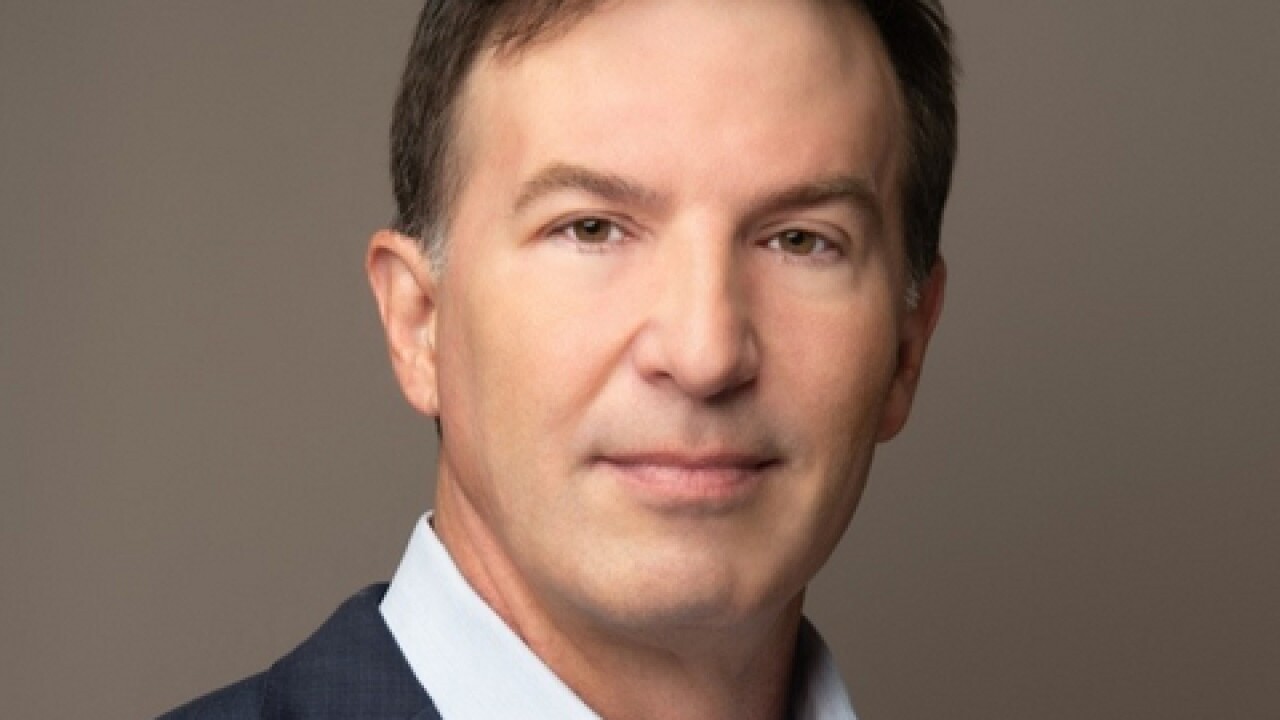Though recent improvements in delinquency rates for credit card debt have closely tracked declines in the pace of job losses, the industry faces a tough climb out of a cycle of devastating losses.
Writeoff rates have hit record levels and unemployment is at its highest point since 1983, marking "new territory," according to Standard & Poor's Corp. In a report last week, analysts with the rating agency wrote that at double digits, the unemployment rate's roughly one-for-one relationship to increases in the chargeoff rate so far during the recession "could become an exponential one."
Stress on borrowers' ability to support debt from job losses has been exacerbated by factors like the erosion of household resources, a lack of personal savings, and tighter underwriting standards, the analysts wrote.
By contrast, people were able to pay off vast amounts of credit card debt by borrowing against their homes during the boom in the middle of the decade.
S&P said that so far during the downturn, increases in the unemployment rate have been associated with progressively larger increases in the credit card chargeoff rate. (In round numbers, a 1-percentage-point increase in the unemployment rate has been associated with a 1-percentage-point increase in the chargeoff rate throughout.)
The analysts wrote that one factor in the relative quickening in credit decay is borrowers who have lost their jobs and are relying on credit cards, ultimately leading to defaults on larger amounts. Meanwhile, a pullback on spending by healthy consumers can amplify the effect.
Vijay D'Silva, a director at McKinsey & Co. Inc. and co-head of its payments practice, said, "In many ways, it's the incremental unemployed person that affects chargeoffs versus the level of unemployment," since the loss of income from a job is the core event that transforms a borrower from one who can pay bills to one who cannot.
Payrolls shed a seasonally adjusted 216,000 jobs in August, well below the roughly 600,000 to 750,000 jobs lost each month from November last year through March.
But another important factor is the size of the population that remains out of work for a long time, D'Silva said.
"If you believe you will rebound in the next few months, you're less likely to change your behavior drastically," D'Silva said. "The longer you're out of a job, the harder it is sometimes to get back on your feet. That starts to change credit behavior in very subtle but long-lasting ways."





